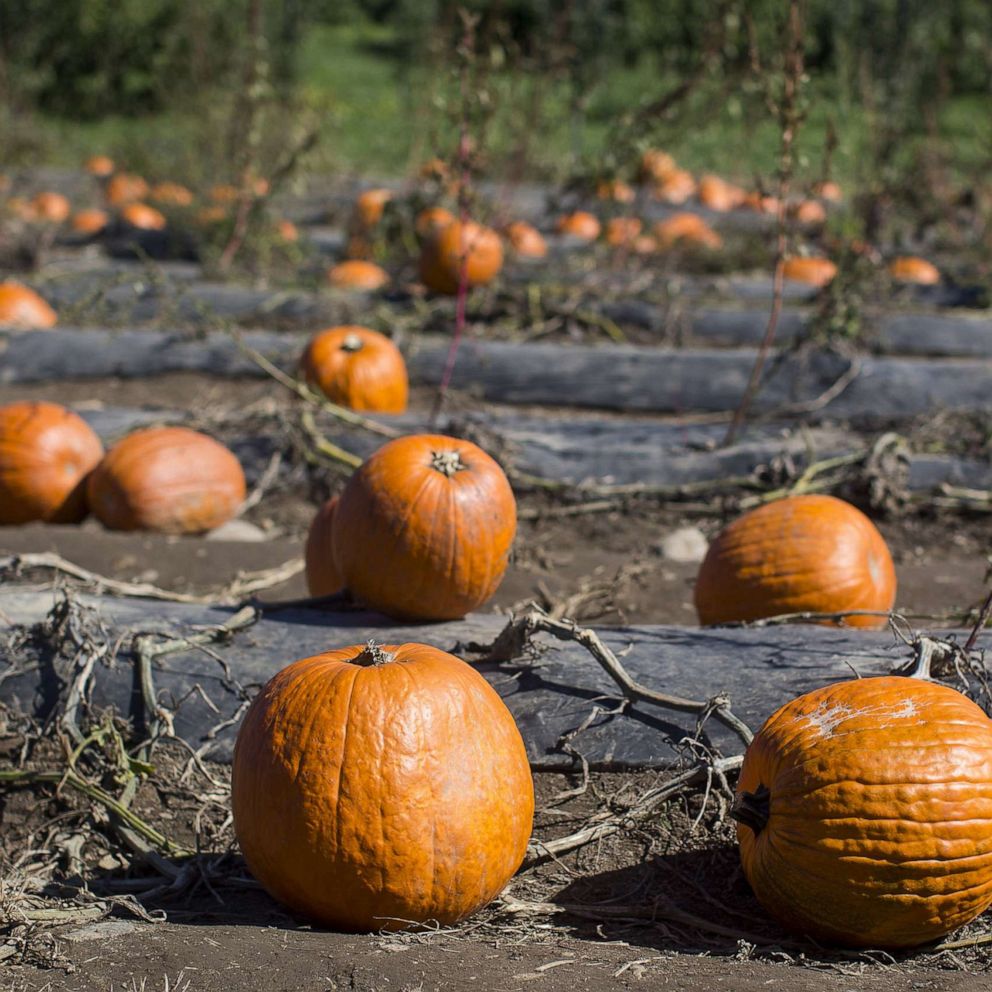Could other fruits be added to orange juice amid orange shortages?
The staple breakfast beverage could be impacted by low crop yield.
Orange production in two top growing regions has been plagued by diseased fruit and bad weather, a combination that's prompted all-time high prices and left juice makers to consider other citrus varietals to supplement in the widely consumed breakfast beverage.
Along the citrus belt of São Paulo and Minas Gerais in Brazil, both factors have impacted orange production, significantly reducing overall crop yields, according to the latest forecast from Fundecitrus, the Fund for Citrus Protection.

The institution reported that Brazil, the world's largest producer and exporter of orange juice, was set to produce 232.4 million boxes of oranges in the 2024 to 2025 season, a 24% decline from the same time last year.
"Should this production forecast hold true, this will be the second-smallest crop since 1988-1989," the report stated.

Amid more frequent and intense heatwaves, Fundecitrus cited climate change as a key factor in the dramatic orange crop reduction.
Much like the South American agricultural powerhouse, orange output from Florida growers has also continually declined for U.S. production.
All Florida orange production is down 5% from April, according to the U.S. Department of Agriculture's May citrus forecast.

As a result, the benchmark frozen concentrated orange juice futures have escalated to record highs, closing at nearly the double price per pound earlier this week on the Intercontinental Exchange.
"This is a crisis," Kees Cools, president of the International Fruit and Vegetable Juice Association, said in a statement. "We've never seen anything like it, even during the big freezes and big hurricanes."

The issues with orange production first made headlines in 2022 after a hurricane followed by a deep freeze devastated some Florida groves.
As a result of the shortages over the last three consecutive seasons, which also dwindled reserves of frozen product for blending, orange juice makers have been forced to consider incorporating other juices to supplement the citrus and help cut down on cost.
According to Cools, using "a different species of fruit" such as mandarins may be the only option "without touching the naturalness and image of the product."
The IFU has considered starting the regulatory process that would allow the drink to contain citrus fruits other than just oranges, according to Cools. But that would require a legislation change in the Codex Alimentarius food standards code established by UN bodies and the U.S. Food and Drug Administration.







